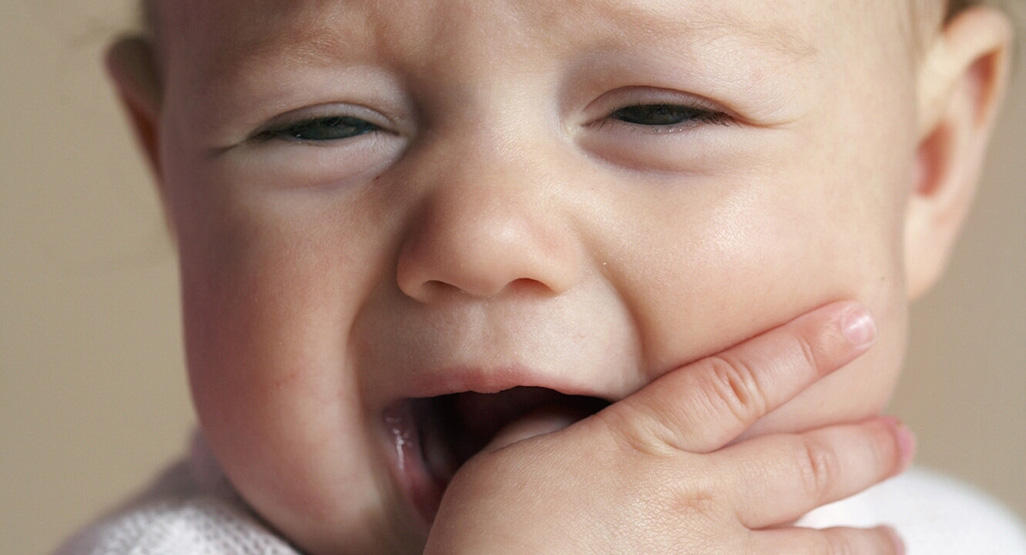
Teething Timeline: How Long Does Teething Last in Babies?
Teething is a natural developmental milestone in a baby’s life, but it can be a challenging and uncomfortable experience for both infants and parents. Teething typically begins around the age of 6 months and continues until most of the primary teeth, also known as baby teeth, have erupted. However, the duration and timing of teething can vary from one child to another.
Here’s a general timeline and information about how long does the teething last:
1. Start of Teething:
Teething often begins between 4 to 7 months of age, with the lower central incisors (bottom front teeth) typically emerging first. These are followed by the upper central incisors and then the lateral incisors.
2. Progression of Teething:
Over the next several months, typically between 6 months and 2 to 3 years of age, your baby’s remaining baby teeth will emerge in a specific order. This process includes the eruption of lateral incisors, first molars, canines (eye teeth), and finally, the second molars.
3. Completion of Teething:
By the age of 3, most children will have their full set of 20 primary teeth. This stage is considered the completion of teething.
4. Variances and Individual Differences:
While the general timeline for teething is fairly consistent, individual variations can occur. Some babies may start teething earlier or later than the average age, and the order in which their teeth erupt can also differ.
5. Duration of Teething Symptoms:
The discomfort associated with teething typically lasts for a few days to a week as each tooth breaks through the gums. During this time, your baby may experience symptoms like increased drooling, irritability, gum swelling, fussiness, and a desire to chew on objects to relieve the pressure on their gums.
6. Managing Teething Discomfort:
To alleviate teething discomfort, you can offer your baby teething toys, chilled (not frozen) teething rings, and gentle gum massages with clean fingers. Some parents may also use over-the-counter teething gels or give their baby pain relief medications (with a healthcare provider’s guidance).
7. Dental Care:
Once your baby’s teeth have erupted, it’s essential to start a routine of gentle dental care. You can use a soft infant toothbrush and a smear of fluoride toothpaste to clean their teeth.
Remember that teething is a temporary phase, and your baby will eventually adjust to the discomfort as their teeth continue to come in. If you have concerns about your baby’s teething or if they experience severe symptoms, consult with a pediatrician or pediatric dentist for guidance and advice. Overall, patience and comfort measures can help make the teething process more manageable for both you and your little one.


